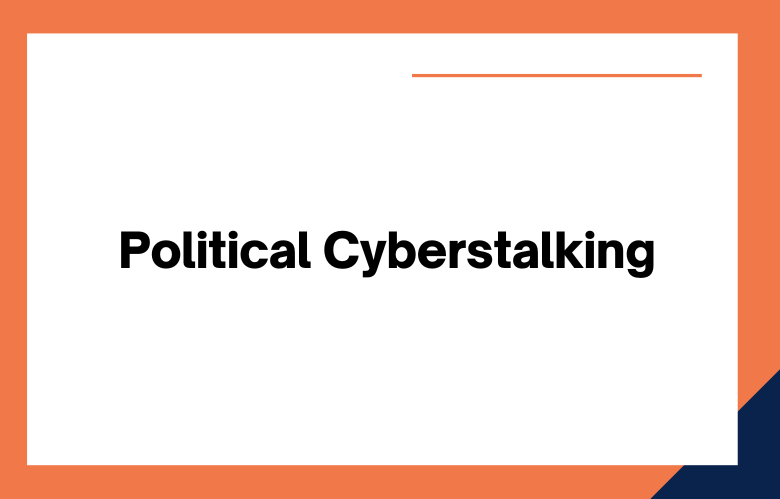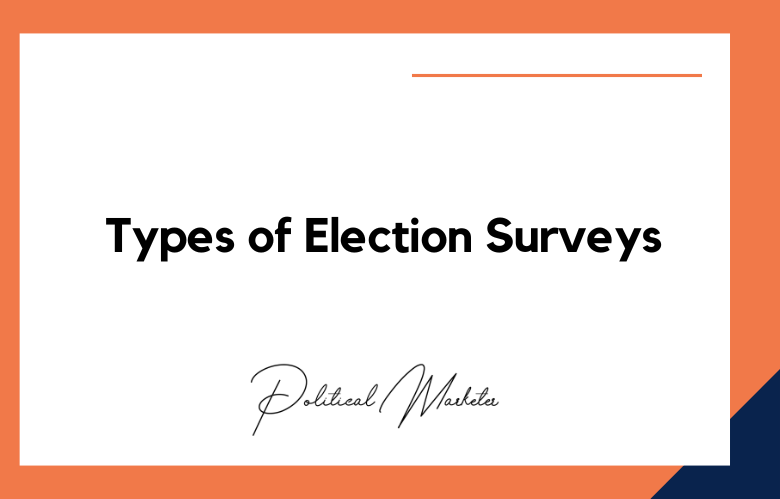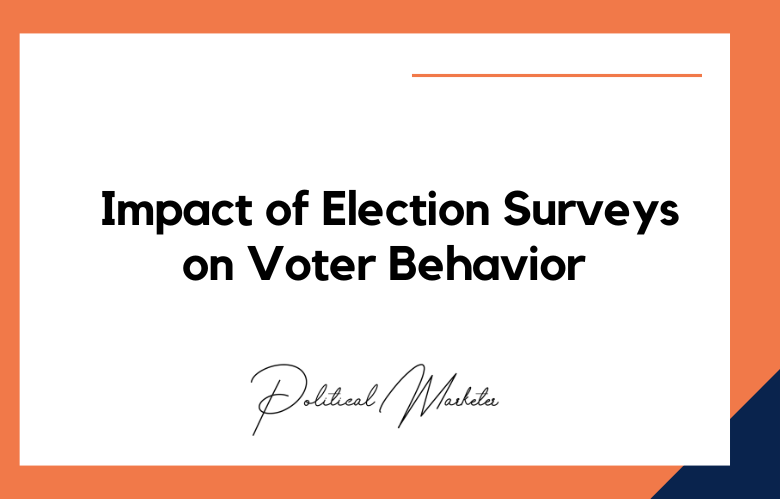With the rise of social media, we have seen a corresponding rise in political cyberstalking. Political cyberstalking uses social media to harass, threaten, or intimidate a political opponent. This type of stalking can seriously impact both the victim and their family.
What is Political Cyberstalking?
Political cyberstalking is using the internet to harass, intimidate, or otherwise try to influence someone for political reasons. This type of stalking can take many forms, including but not limited to the following:
- Posting private or sensitive information about the victim online (doxing)
- Sending threatening or abusive messages (including via email, social media, or text message)
- Creating fake websites or social media accounts in the victim’s name
- Hacking into the victim’s email or social media accounts
- Conducting malware or denial-of-service attacks against the victim’s computer(s) or website(s)
- Organizing offline protests or harassment campaigns against the victim
How can Political Cyberstalking Impact Your Life?
Political cyberstalking can have a severe impact on all aspects of your life. It can damage your reputation, cost you job opportunities, make it difficult to find housing or credit, and cause you to experience severe emotional distress. In some cases, political cyberstalkers have even resorted to violence.
In addition to the obvious impacts on your personal life, political cyberstalking can undermine your faith in democracy and the political process.
When you’re constantly bombarded with harassment and threats from people who disagree with you politically, it’s easy to become disengaged and apathetic. But it’s important to remember that cyberstalkers are only a tiny minority; most people with different political beliefs from you are perfectly reasonable and respectful.
So how do you protect yourself from political cyberstalkers? Keep reading for some tips.
Preventing Political Cyberstalking
There are several methods to avoid political cyberstalking, including:
- Be careful about what personal information you share online; limit what you post on social media, use strong passwords for all your accounts, and don’t give out your home address or phone number unless necessary
- Don’t engage with trolls or bullies online; block and report anyone who sends you threatening or abusive messages
- Please keep copies of any evidence of stalking or harassment (including screenshots of news, posts, etc.) in case you need them later
- Be aware of the signs of political cyberstalking. Some common symptoms include receiving threatening or harassing messages, repeatedly contacting the stalker, and having personal information published online without your consent.
- Don’t engage with the stalker. Trying can be exciting, but this will only worsen the situation. The best thing to do is ignore the stalker and hope they will eventually get bored and move on.
- Block the stalker from your social media accounts and consider changing your privacy settings. This will make it more challenging for the stalker to contact you and will help to protect your personal information.
- Keep a record of all interactions with the stalker. This will be helpful if you decide to pursue legal action against the stalker. Be sure to save all emails, texts, and social media messages from the stalker. If possible, take screenshots of any threatening or harassing messages you receive.
- Contact law enforcement if you feel like you are in danger. If you are being physically threatened or believe that the stalker may try to harm you somehow, it’s important to contact law enforcement immediately. They can help you protect yourself and bring charges against the stalker if necessary.
- Keep your personal information private. It means being careful about what you post on social media and what information you share online. Once something is published on social media channels, it can be tough to remove it. So, if you wouldn’t want your stalker to see it, don’t post it.
- Don’t engage with your stalker. If you respond to their comments to contact you, they will only be encouraged to continue their behavior.
- Block and report them. If they send you unwanted emails or messages, block their account and report their behavior to the site administrators.
- Save all evidence of their stalking behavior. This can include screenshots of messages, emails, social media posts, etc.
- Contact the authorities. Contact law enforcement immediately if you feel you’re in danger or the stalking is causing you significant distress. They will be able to help protect you and investigate the situation further.
How to Prevent Political Cyberstalking
- Don’t engage with the stalker: It can be tempting to engage with the person who is cyberstalking you, but it is essential to resist this urge. Engaging with the stalker will only encourage them and give them a false sense of importance.
- Block and report the stalker: If you are being harassed or threatened by someone on social media, you should first block that person from your account. You should also report them to the platform’s administrators so that they can take appropriate action.
- Keep evidence of the stalking: If you are being stalked, it is essential to keep proof of the harassment. This evidence can help if you take legal action against the stalker.
- Seek professional help: If you feel overwhelmed by the situation, it is essential to seek professional help. A therapist can also help you know the psychological impact of being stalked and provide you with coping mechanisms.
- Keep your personal information private. This includes your home address, phone number, email address, and social media accounts.
- Be careful of what you publish on social media. Once something is posted on social media, it’ll be there forever. There’s always a chance that someone has saved a copy or taken a screenshot, even if you delete it later. So think twice before you hit “post.”
- Block and report anyone who is cyberstalking you. Don’t hesitate to take action if someone makes you feel uncomfortable or threatened. Most social media platforms have exciting features that allow you to block or report users who are harassing you.
- Keep evidence of the stalking. If you firmly decide to take legal action against your stalker, having a record of their activities will be helpful. So save any emails, texts, or social media posts they’ve sent you.
- Speak up! Don’t be afraid to speak out against political cyberstalking. The more people are aware of the issue; the easier it will be to stop it.
- Keep Your Personal Information Private
The best thing to prevent political cyberstalking is to keep your personal information private. This includes your home address, phone number, email address, and social media accounts. If you’re unsure of sharing this information with the public, don’t post it online.
Be Careful about Who Your Friends or Follow.
Another way to prevent political cyberstalking is to be careful who you friend or follow on social media. If you’re not sure about someone’s motives, it’s best to err on the side of caution and avoid them altogether.
Block and Report Suspicious Activity
If you find yourself the target of political cyberstalking, don’t hesitate to block and report the person or persons responsible. Most social media platforms have mechanisms to deal with this activity, so take advantage of them.
Contact the Authorities
Contact the authorities immediately if you’re being harassed, threatened, or stalked offline. Political cyberstalking is a serious matter and should be treated as such.
Conclusion
No one deserves to be subjected to political cyberstalking. If you are being stalked, taking action to protect yourself is essential. Remember, you are not alone; there’ll be some people who can help you through this difficult time.










